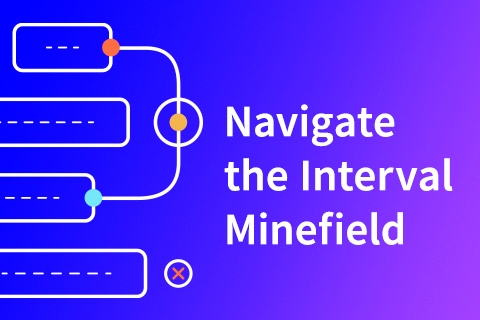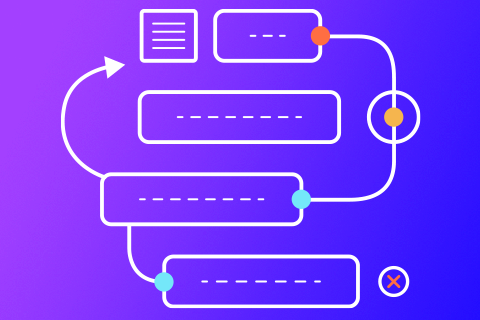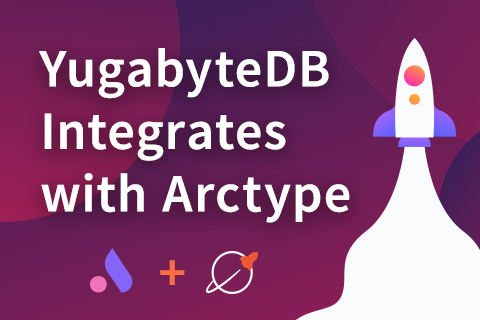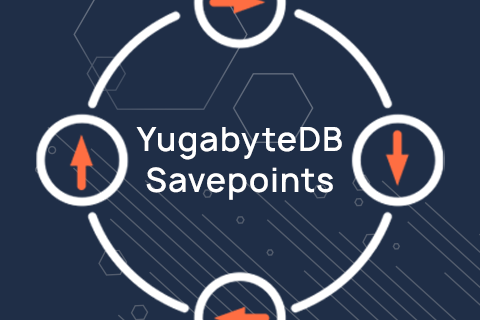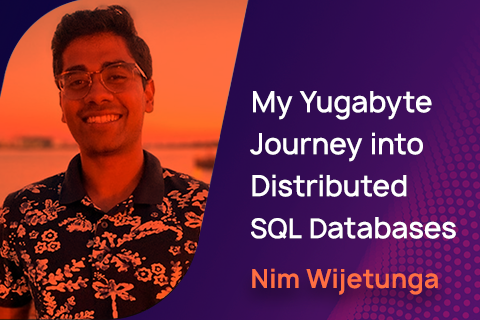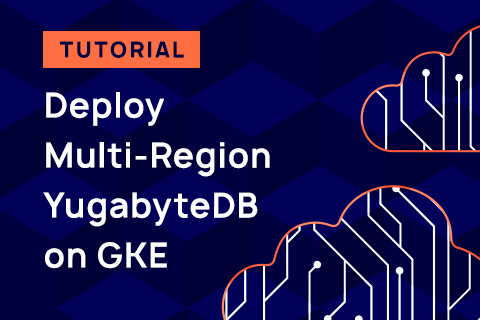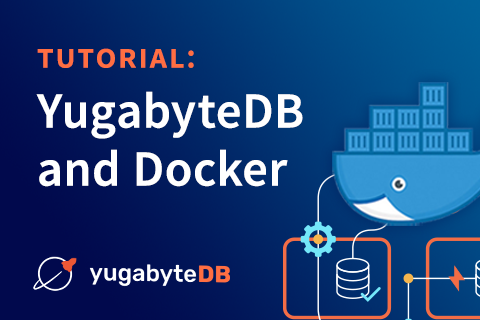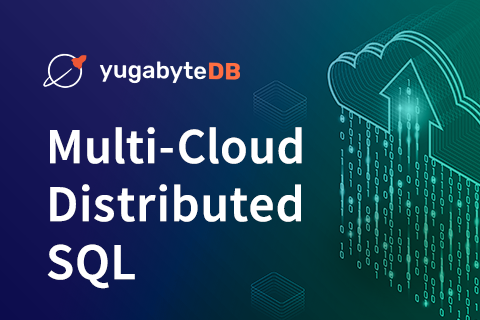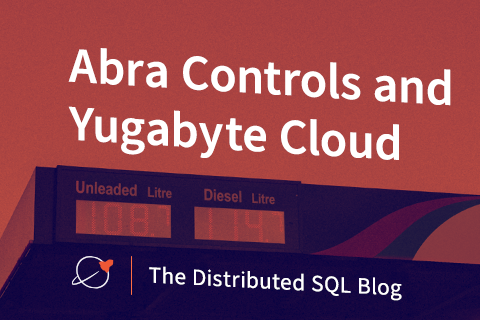My Yugabyte Journey: From Intern to Full-Time Software Engineer
Hello. My name is Tim Elgersma, and I’m a software engineering intern on the YSQL team at Yugabyte. I have one semester left in my bachelor of Computer Science program at the University of Waterloo. In this blog post, I’d like to talk about my experience interning here over the past several months, and why I’m excited to join the company full time upon graduation.
Adding tablespaces to tablegroups
My onboarding at Yugabyte went pretty smoothly.
…

